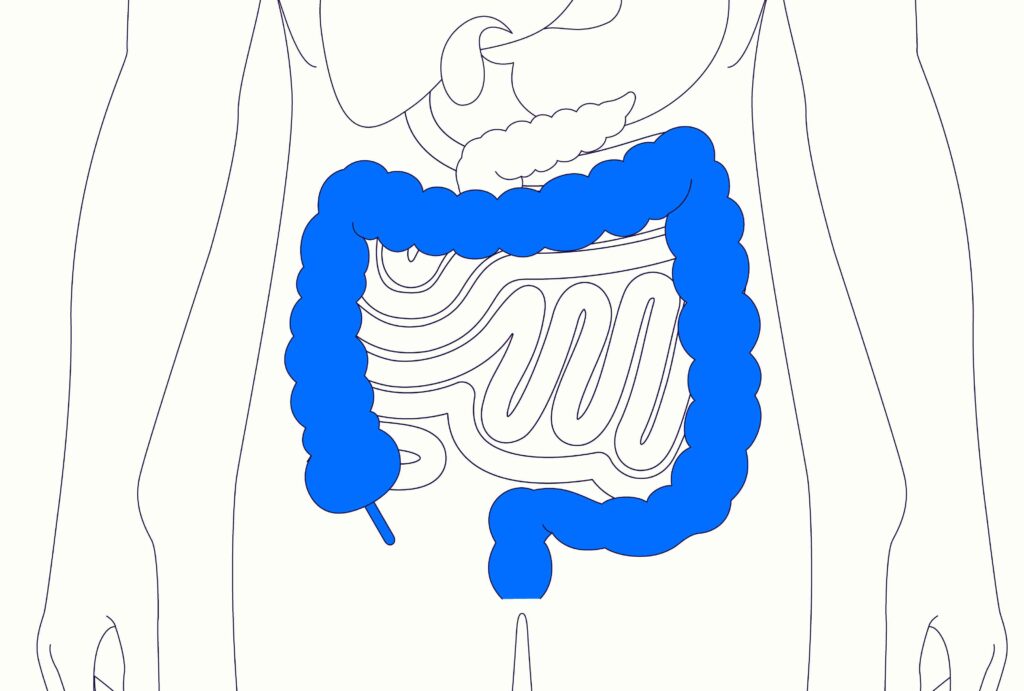If you live with chronic constipation or IBS-C (constipation-predominant Irritable Bowel Syndrome), you’ve probably heard it all before:
“You just need to eat more fiber.”
“Try waking up earlier.”
“You’re just not trying hard enough.”
But behind closed doors, the reality is far more intense — and far more misunderstood.
Constipation Isn’t Just About “Not Going”
Many people think constipation means not going to the bathroom for a few days. But IBS-C is more than that.
It’s about:
- Waking up every morning with heaviness, urgency, and pressure
- Spending an hour or more in the bathroom with little relief
- Feeling like you never completely emptied your bowels
- Experiencing bloating, nausea, and even pain for hours after trying
- Struggling with fatigue, brain fog, and shame the rest of the day
And all of this before you’ve even eaten breakfast.

Why IBS-C Wrecks Your Mornings
The colon is most active in the morning, thanks to a natural rise in gut motility triggered by waking and eating. But for those with IBS-C, that process often misfires due to:
- Delayed gut transit time
- Nerve dysfunction in the enteric nervous system
- Disrupted microbiome balance
- Low bile flow or pancreatic enzyme insufficiency
- Hormonal dysregulation (especially in women)
- Unresolved food sensitivities or inflammation
These underlying factors don’t resolve on their own, no matter how many glasses of water you drink or how early you wake up.

It’s Not Laziness. It’s Biochemistry.
If you’ve felt judged for taking too long in the bathroom or skipping your morning commitments, you are not the problem. Your body is not broken. But it does need support.
Constipation affects energy regulation, toxin clearance, and your nervous system’s ability to relax. When you start your day in a cortisol-fueled cycle of pain, urgency, and discomfort, it affects everything — your work, your mood, and your self-worth.
What Science Tells Us About Long-Term IBS-C
IBS-C isn’t just an inconvenience. Left untreated, it can lead to:
- Pelvic floor dysfunction
- Rectal prolapse
- Anal fissures or hemorrhoids
- Chronic fatigue
- SIBO (Small Intestinal Bacterial Overgrowth)
- Emotional burnout and isolation
But with the right approach, there is real hope for relief.
You Deserve a Morning That Doesn’t Start With a Battle
Treatment should never start and end with a laxative.
Our clinic specializes in root-cause approaches to IBS-C, including:
- Comprehensive stool and microbiome testing
- Identifying food triggers beyond “just fiber”
- Nervous system regulation (vagus nerve support)
- Microbiome rebalancing with spore probiotics
- Natural motility agents and gentle herbal protocols
- Personalized gut healing nutrition plans

Final Thoughts
If you’ve spent hours in the bathroom, missed work, canceled plans, or felt ashamed of your body — you are not alone, and you are not lazy.
You’re doing your best with a complex condition that deserves medical understanding, not judgment.
We see you. We believe you. And we’re here to help.
📞 Ready to make mornings easier again? Contact our IBS care team today. We offer telemedicine care across the U.S. and internationally.





